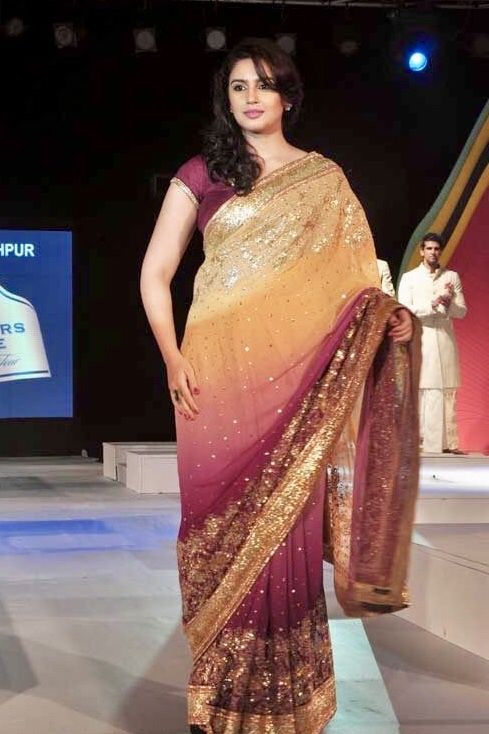Huma Qureshi recently explained in an interview how ageism and gatekeeping are problems that impact the Hindi film industry. Owing to her parts in movies like Gangs of Wasseypur, Badlapur, and Monica, O My Darling, Qureshi has always been valued for playing eccentric roles and breaking outdated stereotypes. She recently pointed out that the industry should change and become more open, ensuring equal opportunities for artists from all walks of life, regardless of their age. Huma Qureshi voice is now part of a list of people asking for big changes inside Bollywood.

Ageism: Female actors have to face a silent conflict in the film industry.
Huma Qureshi discussed how being an older woman in the film industry still means having fewer roles offered to you. She pointed out that men are often kept in leading roles as they age, but women often have to accept less important parts as they enter their 50s and 60s. According to her, women in films are often considered to have an unspoken limit in how long they can be seen as actors. Quereshi added that actresses are frequently denied the chance to star in major roles after a point, even if they are experienced and very good.
Huma Qureshi encouraged the industry to understand that maturity can bring out more emotions in an actor instead of spoiling their popularity. She believes that the industry’s attitude should be improved.
Gatekeeping: A Barrier to True Talent
Apart from ageism, Huma discussed the problem of ‘gatekeeping’ in Bollywood, meaning that opportunities are granted mostly to those who know influential people in the industry. “Many artists with great talent never see a fair chance just because they are not part of the usual movies industry families,” said Amara. He covered how a small number of production houses and strong personalities usually lead to biased casting and few opportunities for outsiders in the industry.
Even if an actor has a lot of experience, it can be tough to get major parts if they’re not in the inner group. Huma Qureshi explained that gatekeepers harm the careers of talented people and stop people in the audience from discovering new, diverse performing artists in movies.
A Call for Change
Huma Qureshiviews point to the fact that equal opportunities are not yet available in the entertainment industry. She said education systems should ensure that merit is given more importance than age, gender, or where a person comes from. She insisted that “it is high time we give Bollywood a truly democratic form and give the credit where it rightly belongs.” Huma Qureshi urged new actors to keep trying and also asked the audience to watch and support movies that highlight talent and not just fame.

Huma Qureshi thinks that viewers are able to drive changes in the industry by choosing content that is different from the norm. It is urgent and appropriate for her to urge action since digital media greatly affects the way news and stories get passed on.
Audience Reactions and Industry Support
A lot of fans and members of the film industry have praised Huma Qureshi on social media for bringing important issues to light. Some of the old hands in the film industry, as well as young actors, agree with her and want to continue the discussion about the unfairness that happens in the Bollywood world. Public reactions have been mainly positive, as a lot of people have shared stories about their lives that relate to the issues discussed in the novel.
Some people working in the movie industry have stepped up to defend Marilyn and promise to include greater diversity in their work. When more people speak up, there is a chance that real and lasting changes in the industry are close to happening.


